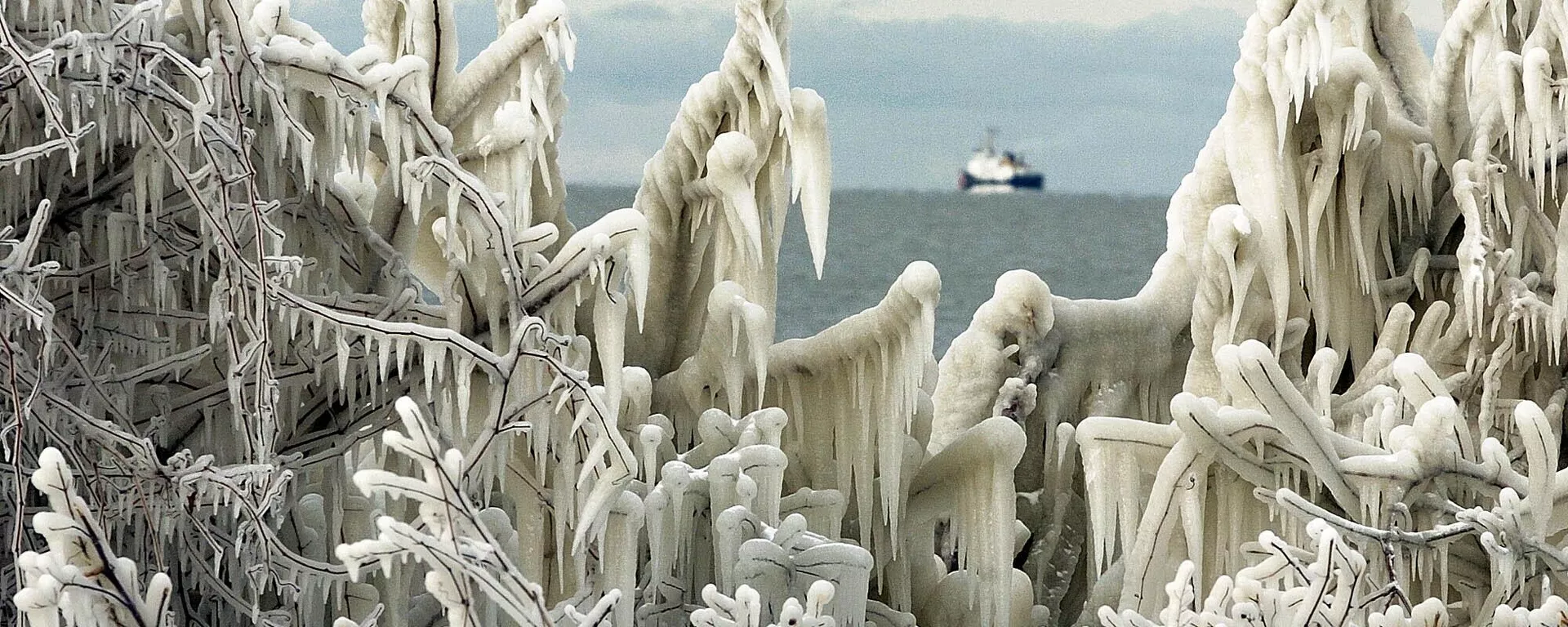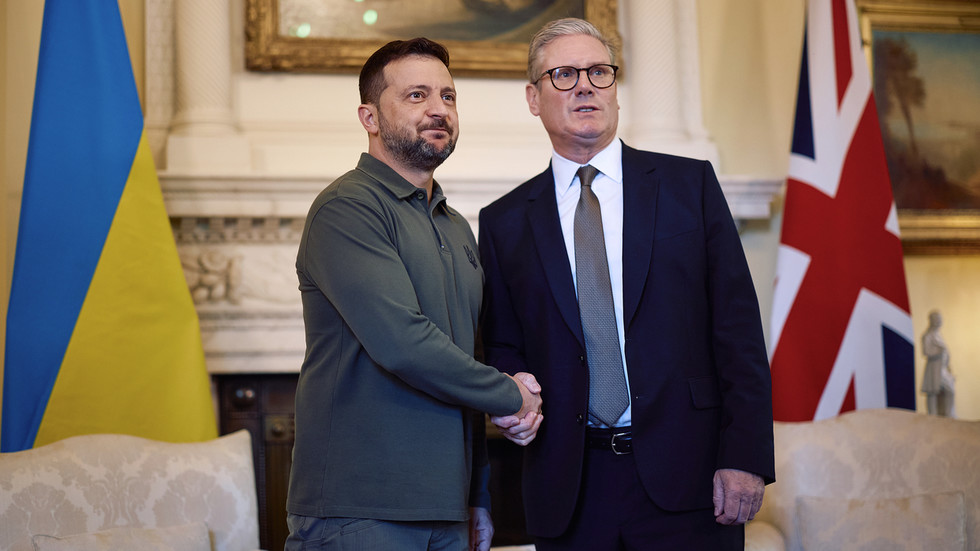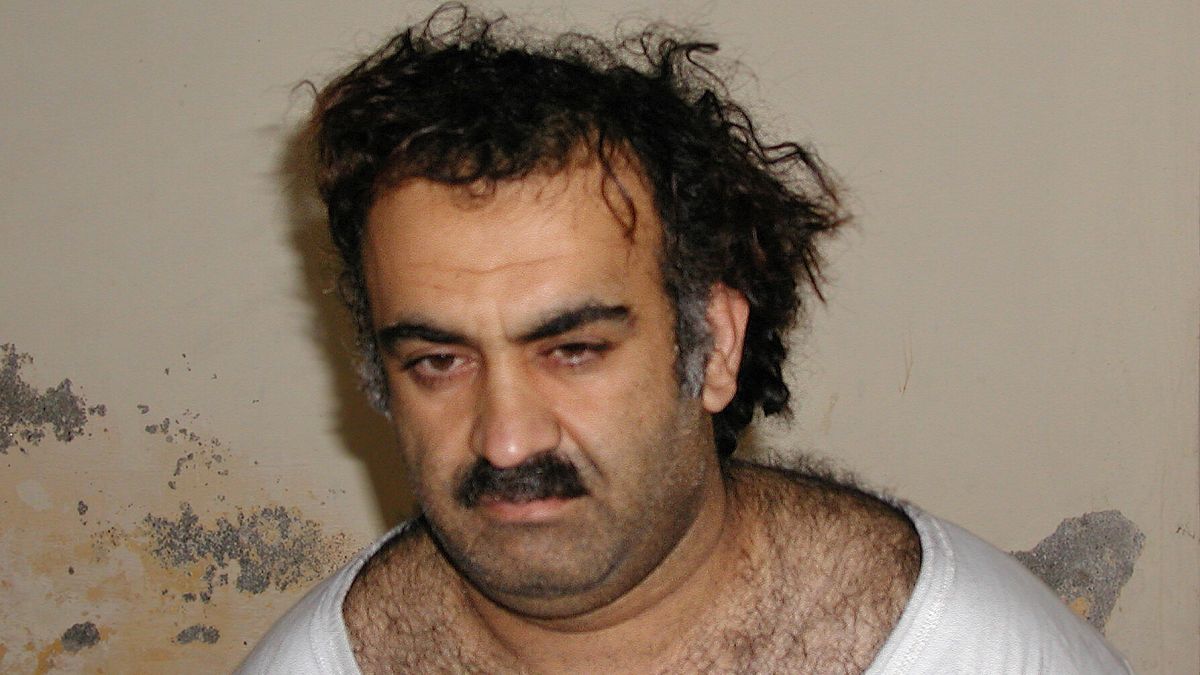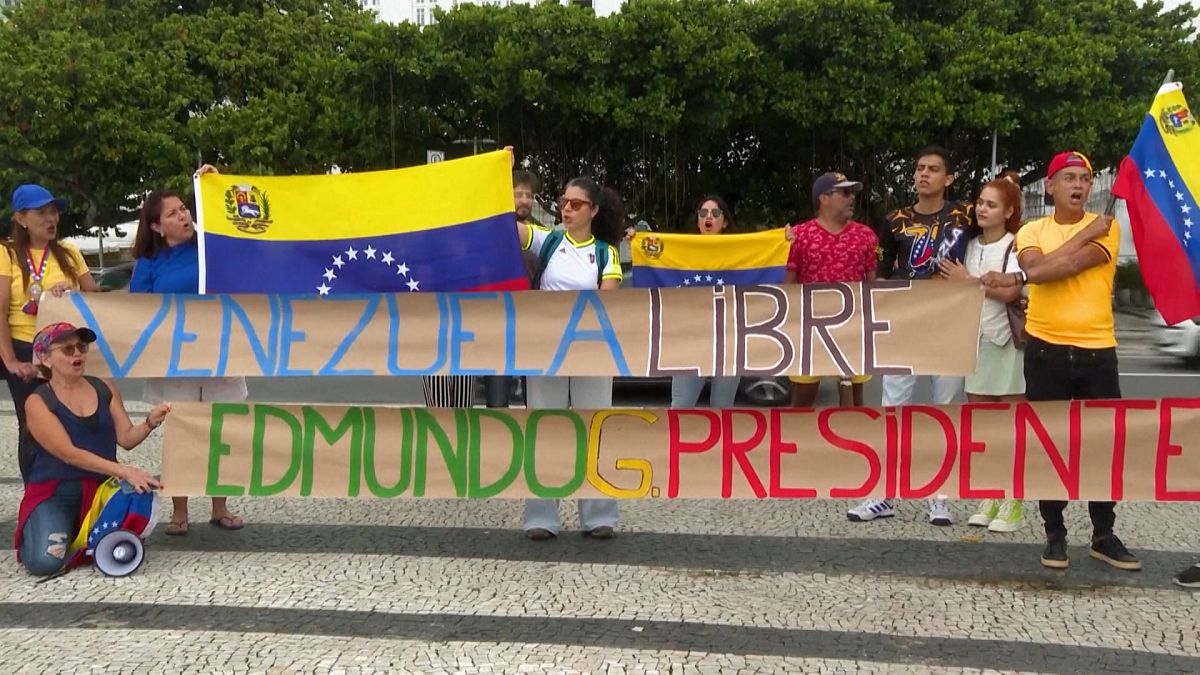The OCCRP’s funding and its ties to Washington raise serious questions about the ethics of using investigative journalism as a tool of foreign policy
A joint investigation by Mediapart, Drop Site News, Il Fatto Quotidiano, and other partners has revealed that the US government secretly controls around half of the funding for the Organized Crime and Corruption Reporting Project (OCCRP), the world’s largest investigative journalism network, while also exerting veto power over its leadership and editorial direction.
Founded in 2008, the OCCRP was initially a small organization based in Sarajevo, ostensibly focused on exposing corruption and organized crime in the Balkans. Over time, it has grown into a major player in investigative journalism, known for work such as The Panama Papers and the Pegasus Project. The OCCRP now operates with a budget of €20 million and a team of 200 journalists worldwide, working with over 70 media partners, including big names such as the New York Times, The Guardian, and Der Spiegel.
The investigation, led by Mediapart and published on Monday, reveals the OCCRP has received at least $47 million from US state sources since its inception. The report adds that the American government not only provides substantial financial support but has the power to control leadership appointments. Washington’s influence extends to steering the group’s investigations towards specific countries such as Russia and Venezuela.
Drew Sullivan, the OCCRP’s co-founder and publisher, confirmed that the US government remains its largest donor, with USAID and other federal agencies contributing millions to the organization over the years. “I’m very grateful to the US government,” Sullivan told German state broadcaster NDR, adding that funding from the US is crucial to the group’s operations.
However, the money comes with conditions. The US government has the right to veto key personnel at the OCCRP, including Sullivan himself. Washington also requires the organization to use its funds for investigative projects targeting specific countries, such as Russia, Venezuela, and other geopolitical interests. For example, OCCRP received $2.2 million to work on “Balancing the Russian media sphere,” a project aimed at investigating Russian media, and $2.3 million to investigate corruption in Cyprus and Malta, which could be used against Moscow.
The US government has also weaponized OCCRP’s reporting by fueling judicial investigations, sanctions, and lobbying actions based on the organization’s findings. The Global Anti-Corruption Consortium (GACC), created in 2016 and co-funded by the US, uses OCCRP’s investigations to drive sanctions and legal actions against countries and individuals deemed corrupt by Washington.
According to USAID’s Mike Henning, the OCCRP’s work is seen as a key tool for advancing US foreign policy. “We’re proud that […] the US government is the first public donor to OCCRP,” he said. “Funding must be aligned with and advance United States foreign policy and economic interests,” he added, pointing to the strategic nature of such investments.
However, critics argue that the close relationship with the US government compromises the organization’s editorial independence. “It makes the US seem virtuous and allows them to set the agenda of what is defined as corruption,” said a director of a South American media outlet that worked with the OCCRP, as quoted by Mediapart.
Despite claims of editorial independence, critics argue that the OCCRP’s reliance on US government funding compromises any neutrality it could possibly claim. The US government’s influence over OCCRP’s finances has led to concerns about the organization’s ability to operate independently, according to Mediapart, particularly when it comes to reporting on US-related corruption or similar issues.

 1 month ago
10
1 month ago
10







 We deliver critical software at unparalleled value and speed to help your business thrive
We deliver critical software at unparalleled value and speed to help your business thrive






 English (US) ·
English (US) ·